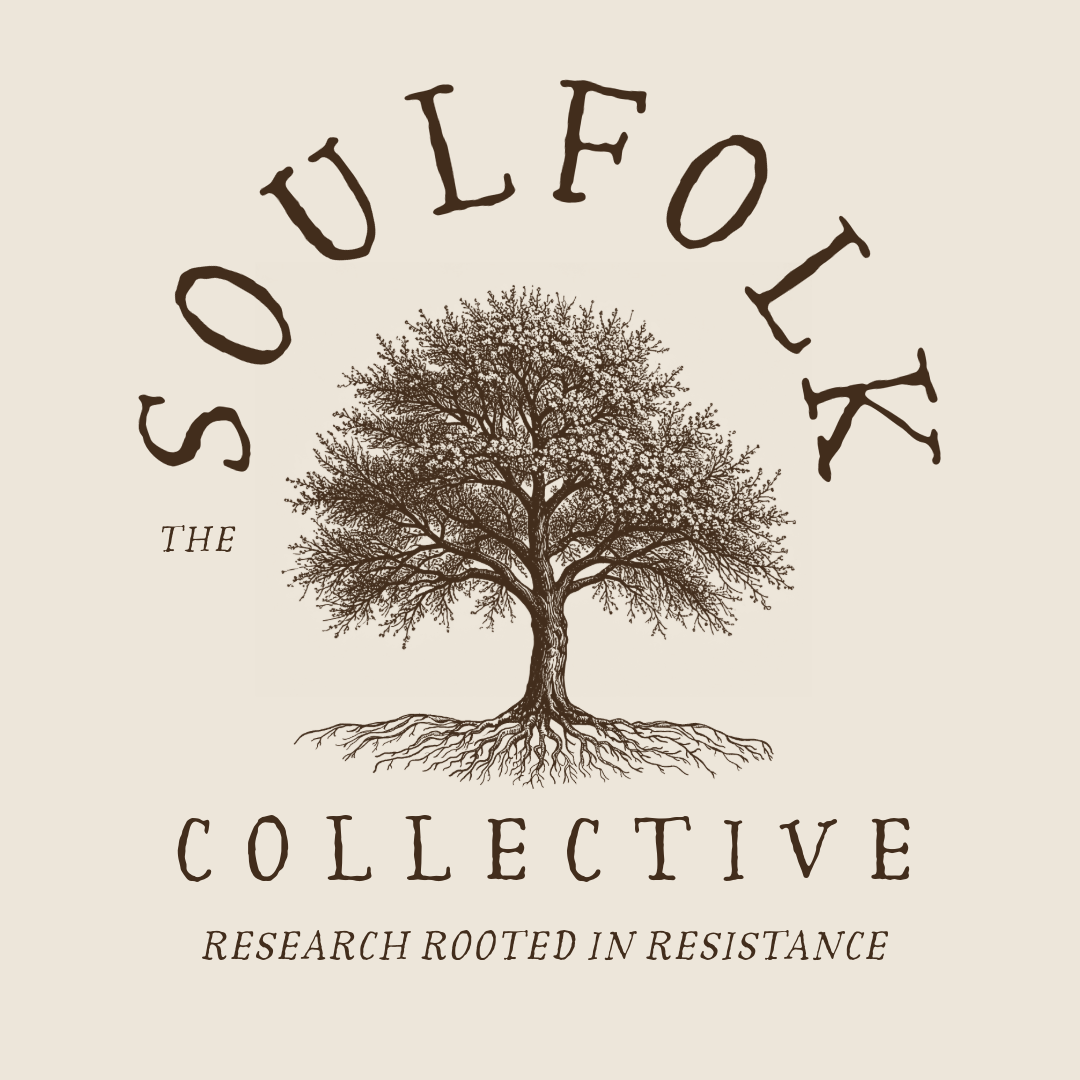The SoulFolk Collective engages in multidisciplinary research that prioritizes Black-affirming methodologies to amplify the voices, stories, and lived realities of Black communities.
W.E.B. Du Bois famously asked the question of the Black community: “How does it feel to be a problem?” Drawing inspiration from W.E.B. Du Bois's seminal work, The Souls of Black Folk, the SoulFolk Collective (affectionately called “SoCo”) is a community of researchers dedicated to positioning Black space as a blueprint for more liberatory futures. In our solution-based research, we center Black histories and futures in scholarly inquiry. Our scholarship seeks to address the stark antiblackness in the State of Wisconsin. We aim to touch the very essence of the Black soul—acknowledging its pain, celebrating its joy, and committing to its freedom through every page of our scholarship.
Wisconsin leads the nation in Black incarceration rates as 1 in every 36 Black residents is in prison.
Wisconsin has the largest disparity in math and reading scores between Black and white students in the nation.
The University of Wisconsin-Madison has the lowest Black student population in the Big Ten; it has never surpassed 3%.
Our current project: The Black Madison Archive
Inspired by the legacy of the Negro Motorist Green Book, The Black Madison archive is a living, community-driven collection of stories that chart where Black life and joy flourish in Madison. The archive reimagines the city through the lens of Black resistance and liberation. From historic Black churches and community organizations to present-day community hubs, the archive traces how Black people have co-constructed spaces of refuge, often in places that have gone unrecognized by official histories.
At its core, this is an oral history project, centering the voices of Black Madison residents whose stories challenge the dominant narrative about this city. We hope this collection will reshape how we understand space and memory in Madison. Every recorded memory is a map point in a larger geography of Black liberation. This study is ongoing, so please check back for more stories as we conduct more oral histories. The full oral histories will be donated to the Wisconsin Historical Society in February 2026.







